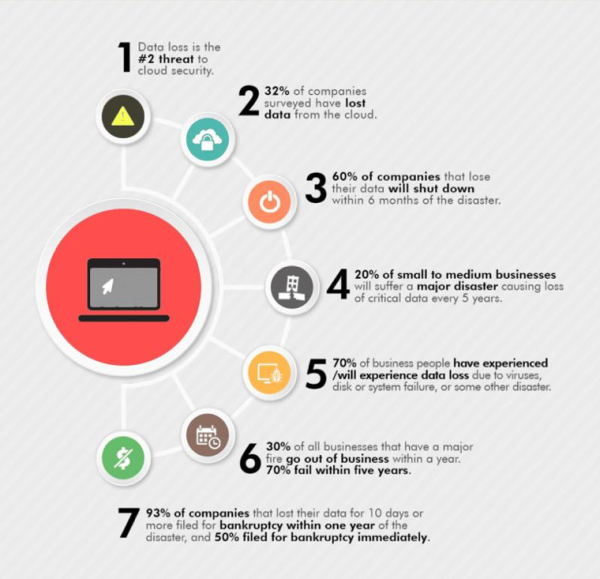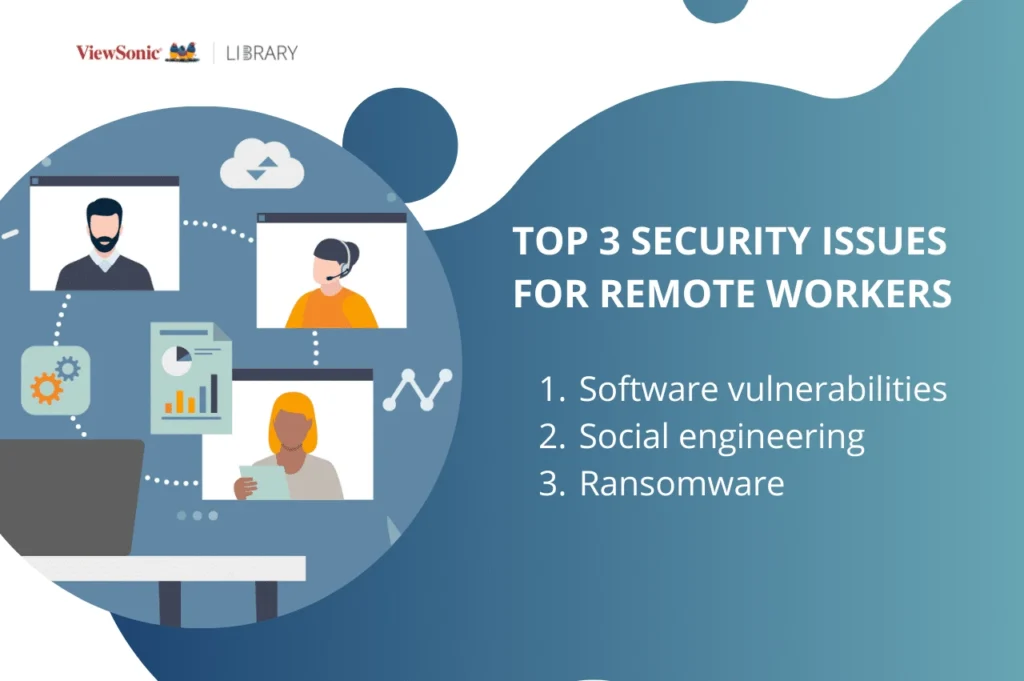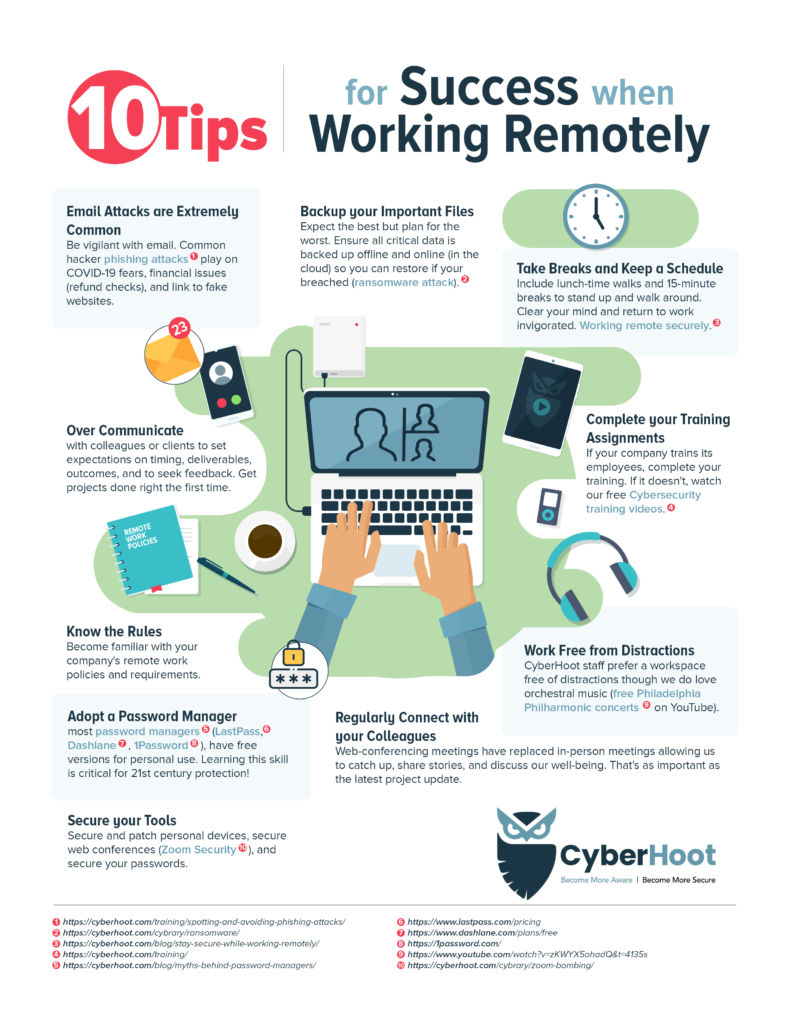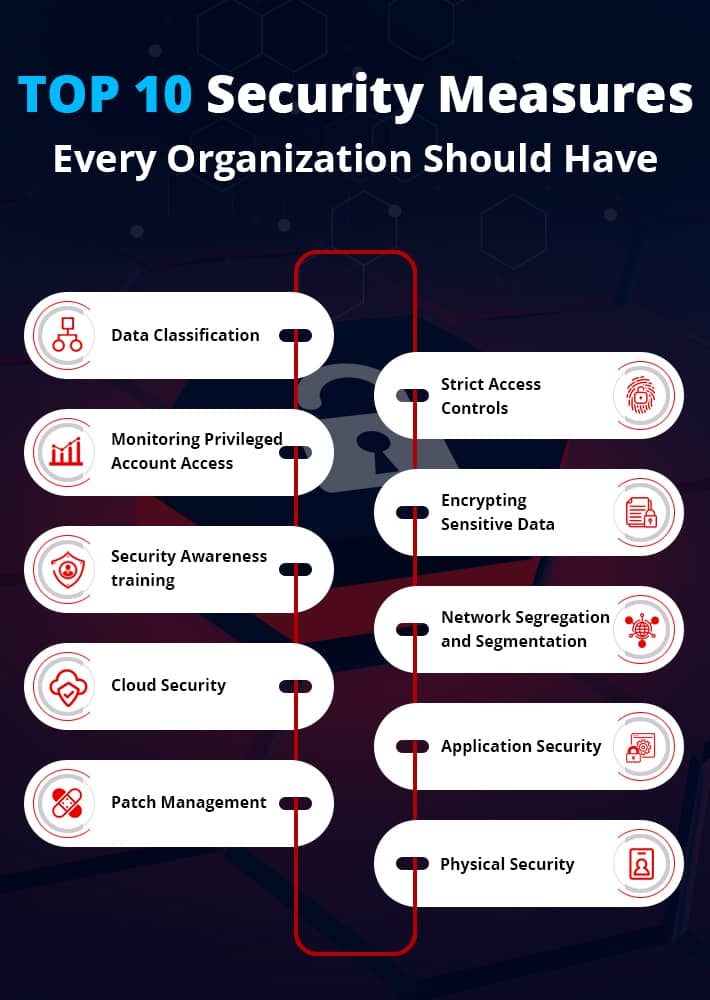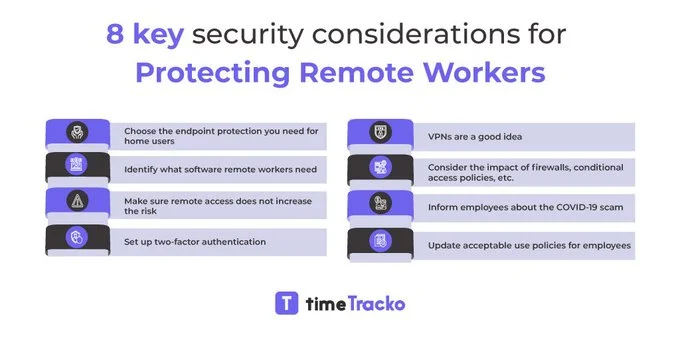In today’s rapidly evolving work landscape, remote work has become the norm for many professionals. While the freedom and flexibility it offers are enticing, ensuring the security of your personal and professional information becomes crucial. In this article, we will explore five essential security measures for remote workers, helping you safeguard your data and maintain peace of mind while working from the comfort of your own home. From strong passwords to VPNs, we’ve got you covered with practical tips that are easy to implement. So, let’s dive in and take a look at the top security measures you should prioritize as a remote worker.
The Top 10 Security Measures for Remote Workers
Remote work has become increasingly popular, allowing individuals the flexibility to work from the comfort of their own homes. However, with this convenience comes the need to prioritize security measures to protect sensitive data and maintain a safe online environment. In this article, we will explore the top 10 security measures for remote workers to ensure the safety of their personal and professional information.
1. Strong Passwords
One of the simplest yet most effective security measures is to use strong passwords for all your accounts and applications. A strong password is a combination of upper and lower case letters, numbers, and symbols. Avoid using common phrases or personal information that can be easily guessed. Instead, opt for a unique password that you can remember but others cannot easily figure out. Additionally, consider using a password manager to generate and store unique passwords for each account, ensuring maximum security.
2. Two-Factor Authentication (2FA)
Enabling two-factor authentication (2FA) adds an extra layer of security to your accounts. It requires a second verification step, usually a code sent to your mobile device, in addition to your password. This prevents unauthorized access even if your password is compromised. It is recommended to enable 2FA for all relevant accounts and applications. Use authenticator apps or hardware tokens instead of SMS-based 2FA, as SMS codes can be intercepted. Remember to regularly review and update your 2FA settings to ensure a high level of security.
3. Virtual Private Network (VPN)
When working remotely, it is crucial to use a reputable VPN service that encrypts your internet connection. A VPN creates a secure tunnel between your device and the websites or services you access, ensuring that your data remains private and protected from potential cyber threats. Avoid using free or unverified VPNs, as they may compromise your data or log your online activities. Always connect to VPNs when accessing sensitive information or using public Wi-Fi, as it adds an additional layer of security by masking your IP address and encrypting your data.
4. Secure Video Conferencing
With the rise of remote work, video conferencing has become an integral part of our professional lives. It is crucial to prioritize security when conducting virtual meetings. Only use trusted and reputable video conferencing platforms that have robust security measures in place. Set meeting passwords and enable waiting rooms to control access, ensuring that only authorized participants can join. Additionally, keeping your software and applications up to date is essential to benefit from the latest security patches and fixes any vulnerabilities.
5. Safe Data Storage and Backup
Remote workers must prioritize safe data storage and backup to protect their important files in case of accidental loss or cyber attacks. Regularly back up all your important data to secure cloud storage or external hard drives. Cloud storage options often offer encryption for sensitive files and multi-factor authentication, adding an extra layer of security. It is also essential to periodically test data restoration processes to ensure that your backups are working properly and can be easily accessed if needed.
6. Secure Wi-Fi Networks
Securing your Wi-Fi network is crucial in maintaining a safe online environment for remote work. Start by changing the default router username and password, as these are often easily accessible by hackers. Use strong encryption protocols such as WPA2 or WPA3 and set a unique Wi-Fi password that is not easily guessable. Regularly update your router firmware to fix any security vulnerabilities that may arise. By implementing these measures, you can significantly reduce the risk of unauthorized access to your Wi-Fi network and protect your sensitive information.
7. Email and Internet Security
Email and internet security play a critical role in safeguarding remote workers from phishing attacks and malware. Always be cautious of phishing emails and suspicious links that may lead to malware or unauthorized access to your accounts. Keep your antivirus and anti-malware software updated to detect and remove any potential threats. Avoid clicking on unfamiliar or unsafe websites and consider using a reliable website reputation service to verify the safety of the websites you visit. By adopting these practices, you can maintain a secure online environment while working remotely.
8. Secure Device Usage
Securing your devices, such as laptops, smartphones, and tablets, is essential to protect your sensitive data and maintain your online security. Enable screen locks and biometric authentication, such as fingerprint or facial recognition, to prevent unauthorized access to your devices. Regularly update your operating systems and applications to benefit from the latest security patches and fixes any vulnerabilities. Additionally, installing a reliable antivirus software and performing regular scans can detect and remove any potential threats that may compromise your device’s security.
9. Employee Education and Training
Employee education and training are vital when it comes to maintaining and improving cybersecurity measures for remote workers. Providing comprehensive cybersecurity training for remote workers ensures that they are well-informed about the best practices and security measures to follow. Employees should be educated about the importance of maintaining security measures, identifying potential threats, and reporting any suspicious activities. Regularly communicating and reinforcing security policies and best practices will help create a security-conscious culture among remote workers.
10. Incident Response and Reporting
No security system is foolproof, and it is essential to have an incident response plan in place to address cybersecurity breaches. Developing an incident response plan ensures that remote workers know what actions to take in the event of a security incident. This plan should include detailed procedures for reporting security incidents promptly. Regularly reviewing and updating the incident response plans will enable organizations to address emerging threats and adopt effective countermeasures in a timely manner.
By implementing these top 10 security measures for remote workers, you can significantly enhance your online security, protect sensitive data, and maintain a safe working environment. Prioritizing security is crucial to safeguarding both personal and professional information, ensuring peace of mind and uninterrupted productivity while working remotely. Stay vigilant, follow best practices, and continuously update your security measures to stay one step ahead of potential threats.


